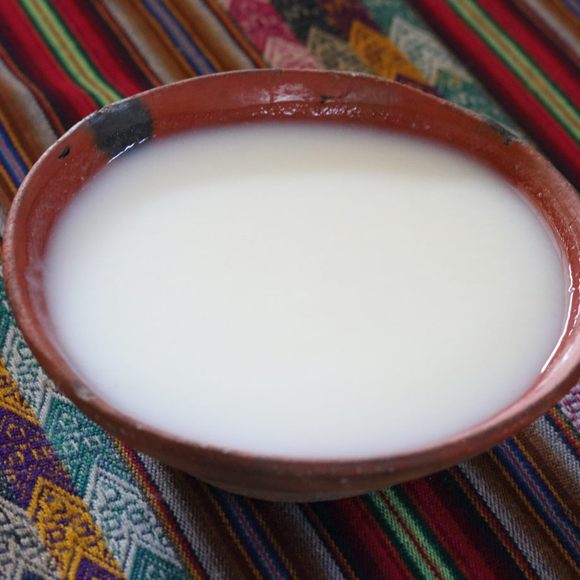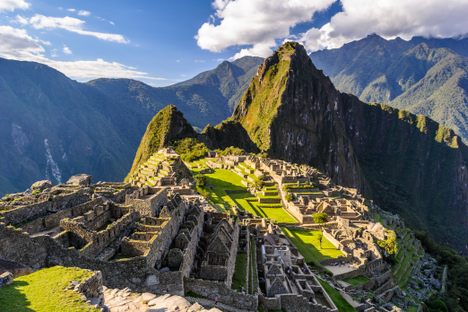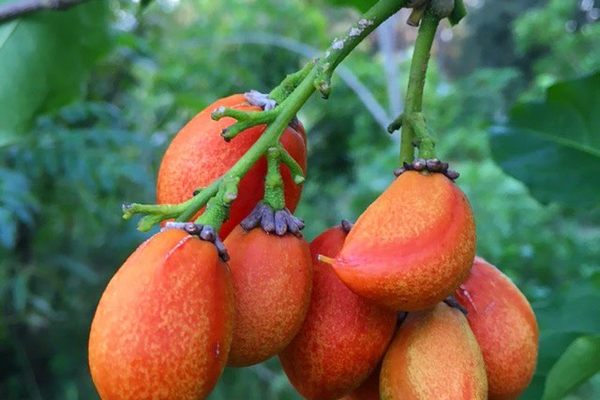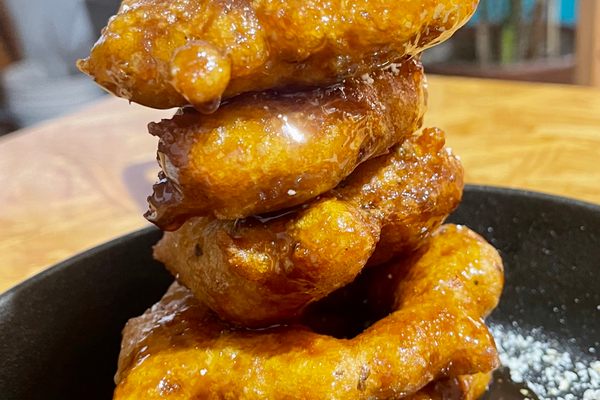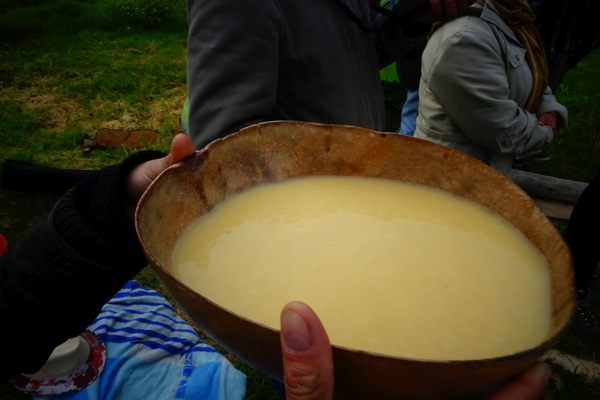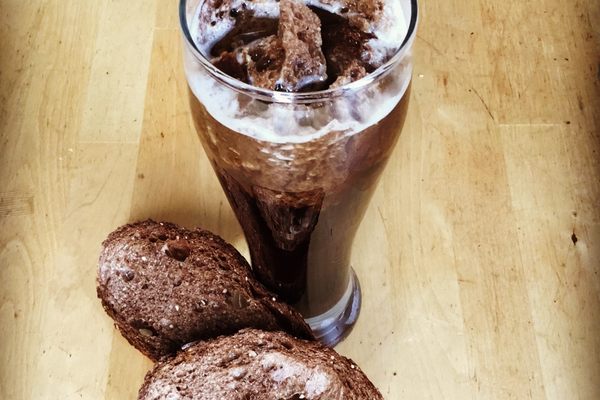Masato de yuca has been prepared in the Peruvian Amazon for at least a thousand years, before the rise of the Inca Empire and the arrival of the Spanish conquistadors. It’s considered both a sacred and nutritional drink, and is used in social and ceremonial gatherings.
Traditionally, masato is made by first boiling yuca, a tuber also known as cassava or manioc, for at least 10 minutes to remove its toxicity (you should never eat raw yuca). Makers then peel the boiled yuca and mash it in a jungle cooking utensil known as a batán.
And now the magic happens: The indigenous masato brewers, normally women, pick up clumps of the mashed yuca and begin to chew it. They’ll often chew a mouthful for up to 30 minutes while continuing to mash more yuca by hand. Then they spit the mouthful into a bucket.
If this chewing process sounds familiar, that’s because it’s also the traditional method for creating the corn-based chicha de jora. The reason for all this chewing? Saliva. Yuca, you see, contains lots of starch and very little sugar. By chewing it, enzymes in the brewer’s saliva break down the starch and turn it into sugar. This helps the yeast, which feeds on sugars and starches, and in turn promotes fermentation.
The chewed up and spat out yuca sits in the bucket for between four and ten days, depending on the desired level of fermentation (masato de yuca can also be prepared for children, in which case it is not fermented). When it’s ready to drink, it’s mixed with water and then strained, producing the end product: a white liquid that tastes a little like sour milk. The flavor, and particularly the aroma, depends on the level of fermentation.
In less traditional communities, some brewers forego the chewing process altogether. Instead, they chuck in a whole load of sugar, or sometimes camote (sweet potato), to help with fermentation. They also might add sugarcane cañazo (liquor) to instantly bump up the alcohol content as well as the sugar level.
Where to Try It
-
Mercado de Belén
Jr. 9 de Diciembre, Loreto, PeruYou can often find masato de yuca in this Iquitos market.
Written By
 Tony Dunnell
Tony Dunnell



